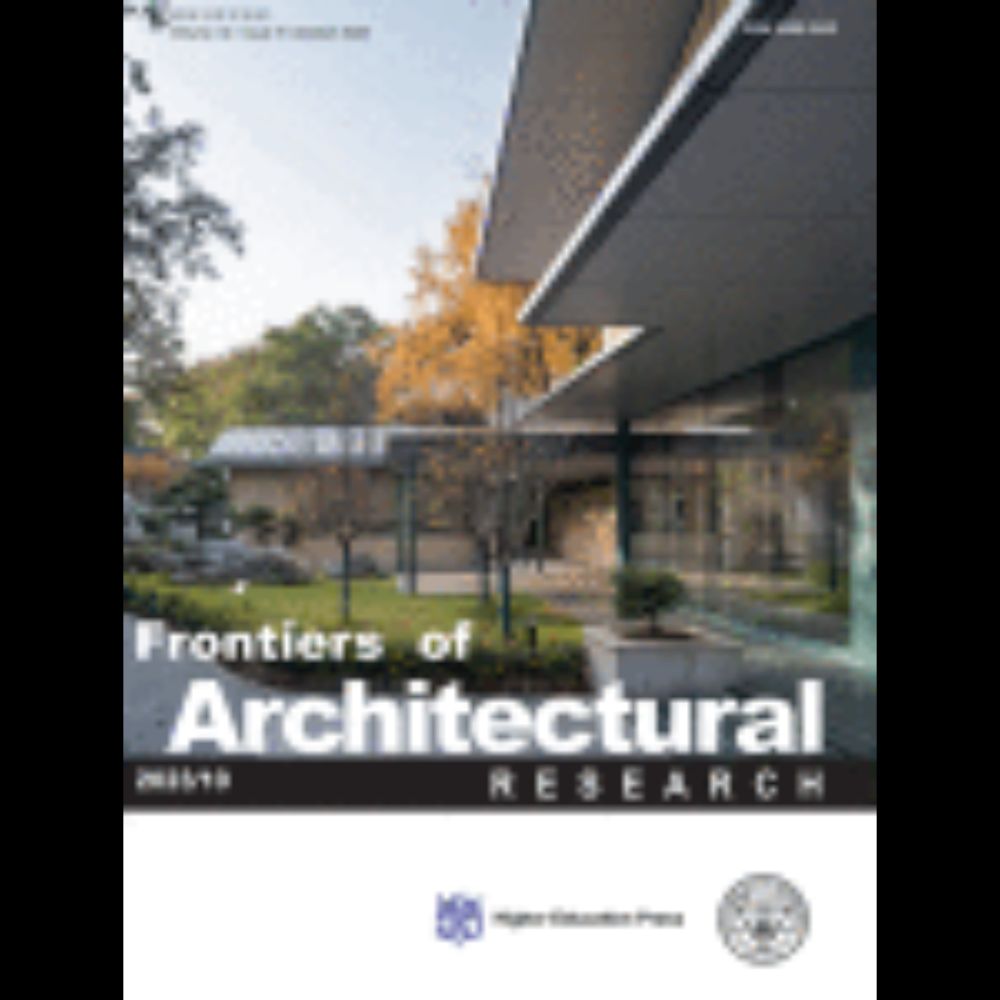It looks quite cool! Is there a preprint version somewhere by any chance?
18.06.2025 18:29 — 👍 1 🔁 0 💬 1 📌 0
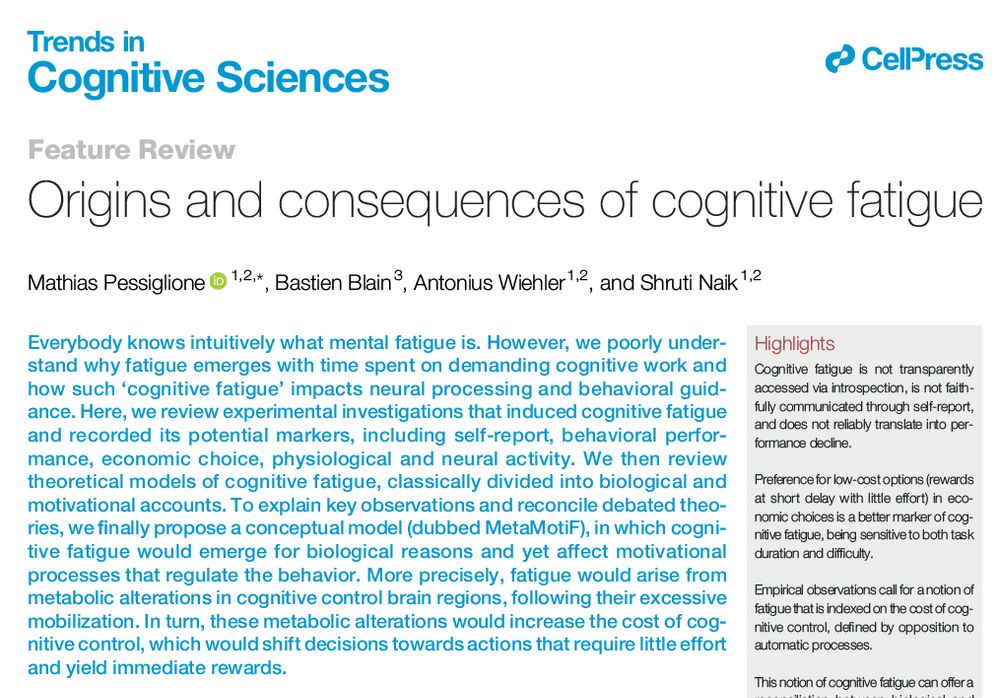
Origins and consequences of cognitive fatigue
Feature Review by Mathias Pessiglione, Bastien Blain (@bastien-blain.bsky.social), Antonius Wiehler, & Shruti Naik
Free access before May 20: tinyurl.com/2va75b5j
02.04.2025 21:40 — 👍 27 🔁 15 💬 1 📌 0
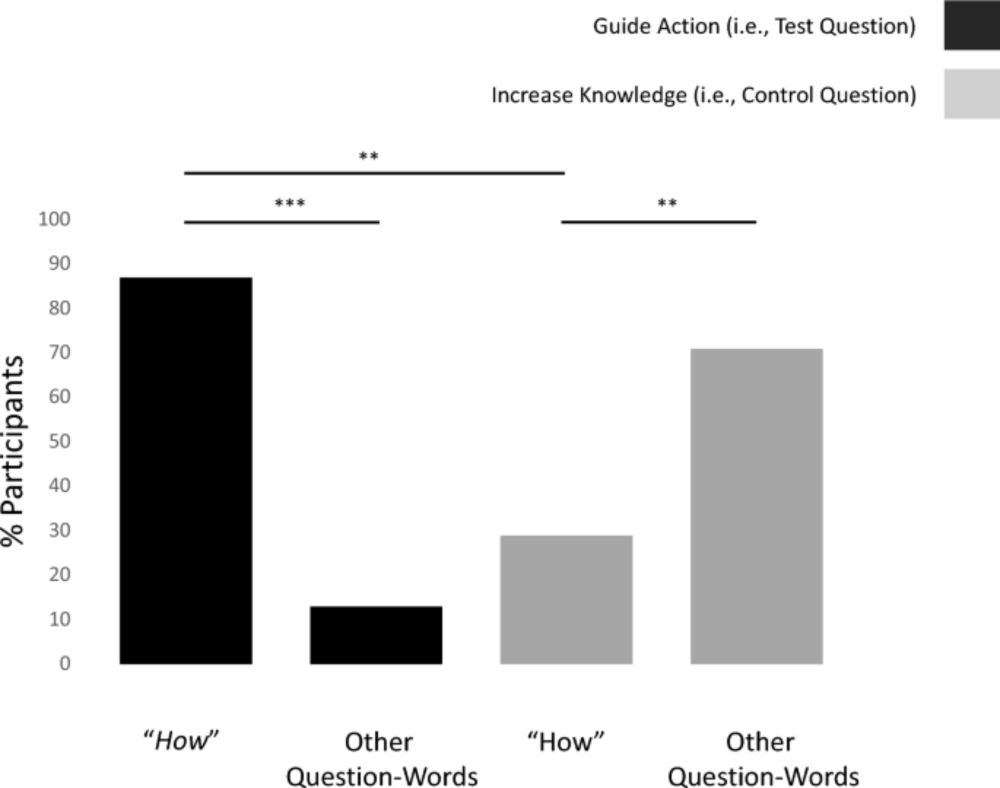
“How” web searches change under stress - Scientific Reports
Scientific Reports - “How” web searches change under stress
New(ish) paper w/Tali Sharot & @bastien-blain.bsky.social! We find that during stress (both COVID and personal events), people search for more “How” questions online. This shift indicates a heightened demand for actionable info.
Link: nature.com/articles/s41...
🧵1/3
07.01.2025 01:45 — 👍 2 🔁 1 💬 1 📌 0
Please repost this open PhD studentship.
29.11.2024 13:15 — 👍 3 🔁 12 💬 0 📌 0
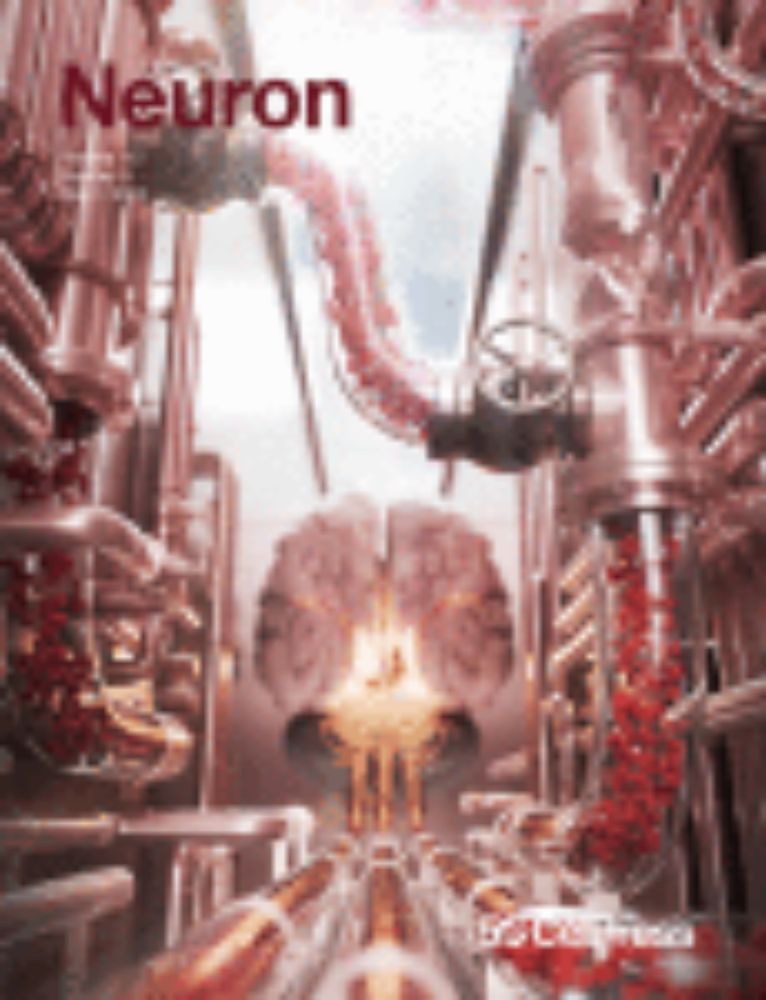
Neural mechanisms of information seeking
We ubiquitously seek information to make better decisions. Particularly in the modern age, when more information is available at our fingertips than e…
After skimming, this looks like a great review of the subjective value of information vis-a-vis neural mechanisms. Straight to the top of my reading list!
www.sciencedirect.com/science/arti...
#SocialPsyc #neuroskyence #PsychSciSky
06.05.2024 09:07 — 👍 6 🔁 2 💬 0 📌 0
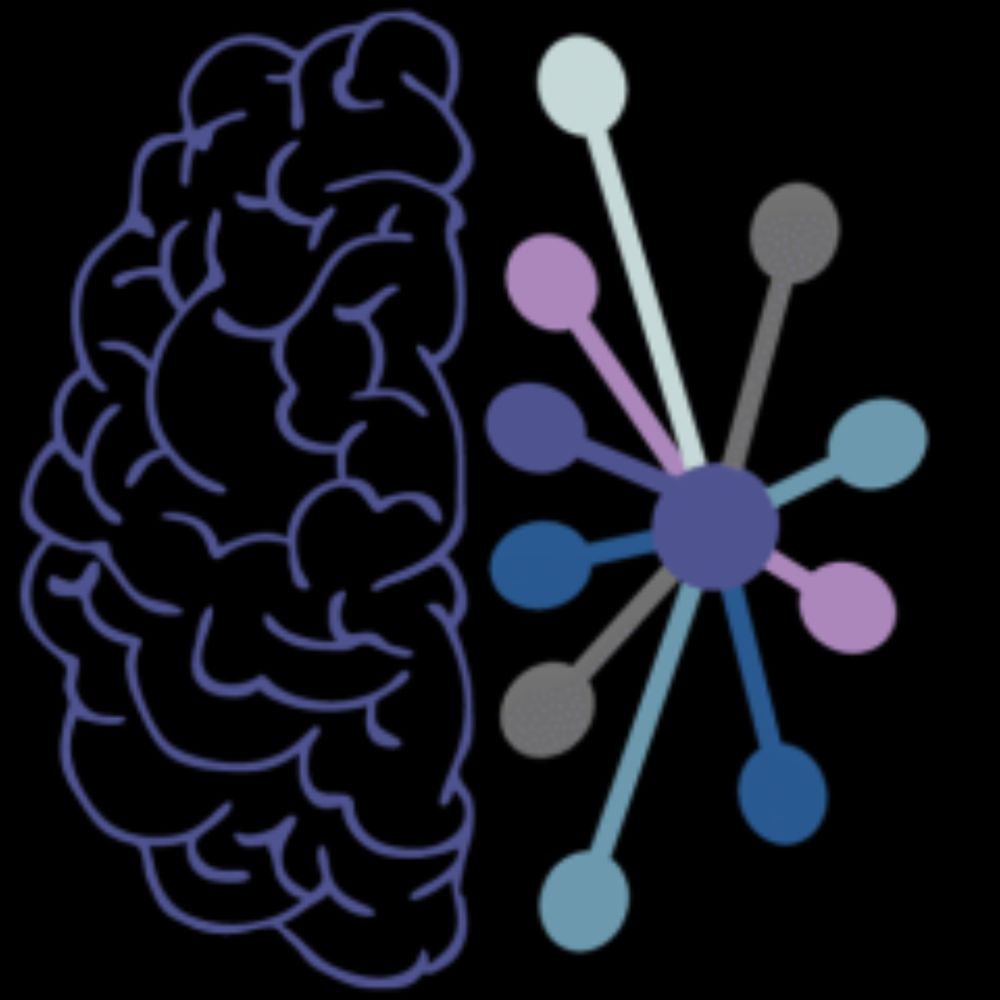
Join the Lab
We're hiring! Postdoctoral Fellowship: Predictive Models for Cognitive Fluctuations Closing date: 12 noon (IST), June 1st 2024 We are seeking a Research Fellow to pioneer the development of passive s...
We are taking applications for a 3-year POSTDOC position on the topic of tracking cognitive dynamics using passive smartphone sensor data, in clinical and non clinical samples with the Neureka app gillanlab.com/join-the-lab/ Closing June 1st. Pls share 🔁👍 or reach out with any informal queries!
07.05.2024 19:38 — 👍 13 🔁 26 💬 1 📌 0
RTing for the weekend crowd!
Check out a new paper on how motivation shapes predictions to interact w/ predictive processing in forming social memories.
Out in Neuroscience and Biobehavioral Reviews, part of a special issue spearheaded by Yee Lee Shing, Oded Bein, & Sophie Nolden.
09.03.2024 15:26 — 👍 1 🔁 1 💬 0 📌 0

An inductive bias for slowly changing features in human reinforcement learning
Identifying goal-relevant features in novel environments is a central challenge for efficient behaviour. We asked whether humans address this challenge by relying on prior knowledge about common properties of reward-predicting features. One such property is the rate of change of features, given that behaviourally relevant processes tend to change on a slower timescale than noise. Hence, we asked whether humans are biased to learn more when task-relevant features are slow rather than fast. To test this idea, 100 human participants were asked to learn the rewards of two-dimensional bandits when either a slowly or quickly changing feature of the bandit predicted reward. Participants accrued more reward and achieved better generalisation to unseen feature values when a bandit’s relevant feature changed slowly, and its irrelevant feature quickly, as compared to the opposite. Participants were also more likely to incorrectly base their choices on the irrelevant feature when it changed slowly versus quickly. These effects were stronger when participants experienced the feature speed before learning about rewards. Modelling this behaviour with a set of four function approximation Kalman filter models that embodied alternative hypotheses about how feature speed could affect learning revealed that participants had a higher learning rate for the slow feature, and adjusted their learning to both the relevance and the speed of feature changes. The larger the improvement in participants’ performance for slow compared to fast bandits, the more strongly they adjusted their learning rates. These results provide evidence that human reinforcement learning favours slower features, suggesting a bias in how humans approach reward learning. Author Summary Learning experiments in the laboratory are often assumed to exist in a vacuum, where participants solve a given task independently of how they learn in more natural circumstances. But humans and other animals are in fact well known to “meta learn”, i.e. to leverage generalisable assumptions about how to learn from other experiences. Taking inspiration from a well-known machine learning technique known as slow feature analysis, we investigated one specific instance of such an assumption in learning: the possibility that humans tend to focus on slowly rather than quickly changing features when learning about rewards. To test this, we developed a task where participants had to learn the value of stimuli composed of two features. Participants indeed learned better from a slowly rather than quickly changing feature that predicted reward and were more distracted by the reward-irrelevant feature when it changed slowly. Computational modelling of participant behaviour indicated that participants had a higher learning rate for slowly changing features from the outset. Hence, our results support the idea that human reinforcement learning reflects a priori assumptions about the reward structure in natural environments. ### Competing Interest Statement The authors have declared no competing interest.
In a world full of noise, how do we decide what's important? Our research reveals that humans leverage a key insight: relevant signals change slowly, but noise fluctuates rapidly.
Excited to share the first project of my PhD!
🧪 🧠📈 🧠💻 #PsychSciSky (1/8)
08.02.2024 07:41 — 👍 31 🔁 15 💬 1 📌 1
neurosynth compose
Neurosynth-Compose App
Attention neuroscientsts!
We just launched Neurosynth Compose: A free and open platform for neuroimaging meta-analysis. NS-Compose makes it easy to perform custom neuroimaging meta-analyses without leaving the browser.
It's live, check it out! compose.neurosynth.org
28.11.2023 22:52 — 👍 115 🔁 75 💬 5 📌 7
You had to beg me though, don't know which one is worst
08.11.2023 12:13 — 👍 0 🔁 0 💬 1 📌 0
New paper alert!
With his permission, I'd like to reproduce here the explanation thread by the fantastic Roeland Heerema on this very nice paper (obviously a perfectly objective opinion) to which I modestly contributed!
27.10.2023 09:33 — 👍 7 🔁 4 💬 3 📌 0

Naturalistic reinforcement learning
Humans possess a remarkable ability to make decisions within real-world environments that are expansive, complex, and multidimensional. Human cognitiv…
🌟First post over here, which I'm very happy to use to share a new paper in TICS with Angela Radulescu & Kara Emery. 🌟
We review work taking an approach we refer to as "naturalistic reinforcement learning", which uses more naturalistic approaches to study learning and decision-making.
29.09.2023 08:35 — 👍 52 🔁 24 💬 0 📌 0

Distractor-specific control adaptation in multidimensional environments
bioRxiv - the preprint server for biology, operated by Cold Spring Harbor Laboratory, a research and educational institution
Now that I'm here, I'd like to draw your attention to a new preprint by Davide Gheza (not yet here) and me. We ask how people deal with cognitive control demands in multidimensional environments, and find that people adapt to control demands in a highly dimension-specific fashion.
27.09.2023 14:37 — 👍 29 🔁 13 💬 1 📌 2
#compneuro #compneurosky
24.09.2023 18:29 — 👍 0 🔁 0 💬 1 📌 0
Hey folk!
I’m Assistant Professor in Paris, working on:
- reinforcement learning
- mood
- intrinsic motivation
- how they are impaired in depression,
using tools from neuroscience, psychology, AI, and economics.
Looking forward to connect!
#Neuroskyence #AcademicSky #PsychSciSky #MedSky
24.09.2023 18:26 — 👍 31 🔁 1 💬 1 📌 0
Official account of the Reinforcement Learning and Video Games Workshop at RLC 2025, August 5th.
Website: https://sites.google.com/view/rlvg-workshop-2025
PhD Student in Computational Psychiatry with @ericschulz.bsky.social at Helmholtz Munich exploring how anxious and depressed people explore. Also doing some work with LLMs these days (she/her) kristinwitte.github.io
Researching learning, decision-making & habitual behavior 🧠 / ECN & BCCN PhD Fellow / Berlin, Germany
milenamusial.com
Compte officiel de l'université #Paris1PanthéonSorbonne : la grande université française des sciences humaines et sociales dans le monde
Neuroscience PhD Candidate @sinaibrain.bsky.social | she/her
Permanent researcher at INSERM, in the Paris Brain Institute. Cognitive neuroscience of creativity, decision-making.
http://sites.google.com/view/alizeelopezpersem/home
Cognitive Neuroscientist | Associate Prof at Uni Oxford @oxexppsy | Mum
PI of Motivation, Decision & Neurostimulation Lab
Decision making | Ultrasound | Mental health
(she/her)
Group: modeslab.org
Personal: https://users.ox.ac.uk/~xpsy0747
Assistant Prof at the University of Maryland, PI of Social Learning and Decisions lab, broadly interested in social neuroscience and computational psychiatry. Avid traveller. Views my own.
Computational neuroscientist. Assistant professor @USC psychology. Previously @Princeton and @Donders
www.piraylab.com
Professor of Computational Psychiatry @UCL. www.acplab.org. CI of RELMED study relmed.bsky.social / relmed.ac.uk.
PostDoc with @drbreaky.bsky.social
PhD at TNU Zurich (http://tnu.ethz.ch),
Research: #CompPsychiatry, #psychology, #interoception, #psychosis
Single Mom & Researcher.
Currently investigating mechanistic underpinnings of blunted and constricted affect
👨💻 Senior Specialist for Data & ML in the Public Sector | 🧠 Before: PostDoc in Computational Cognitive Neuroscience (Topics: Replay, Representations, Reproducibility) | 🏠 https://lennartwittkuhn.com
PhD in Schuck lab @ Uni Hamburg/MPIB | cognitive computational neuroscience | learning about learning | would choose cheese over chocolate
Senior research scientist at Los Alamos National Laboratory. Former UCL, UTexas, Alan Turing Institute, Ellis EU. CogSci, AI, Comp Neuro, AI for scientific discovery https://bradlove.org
Professor of Neuroscience and Mental Health, UCL Institute of Cognitive Neuroscience
Assistant Professor at Emory Psychology || Computational clinical science of depression and anxiety || translational-lab.com
Associate Prof Leiden Uni. Studying mental health problems as systems. http://eiko-fried.com. Building an early warning system for depression at http://WARN-D.com.
MD PhD | NIHR Clinical Lecturer in Psychiatry.
Cog Neuro | Computational Psychiatry | NeuroAI
University of Oxford and UCL
Postdoctoral research fellow @ Monash in computational cognitive neuroscience. Previously: Fulbright scholar @ Yale, research translation @ NHMRC. huwjarvis.net
Cognitive computational neuroscientist at Yale interested in decision making, happiness & mangosteens.
Play games for science! https://happinessquest.app






